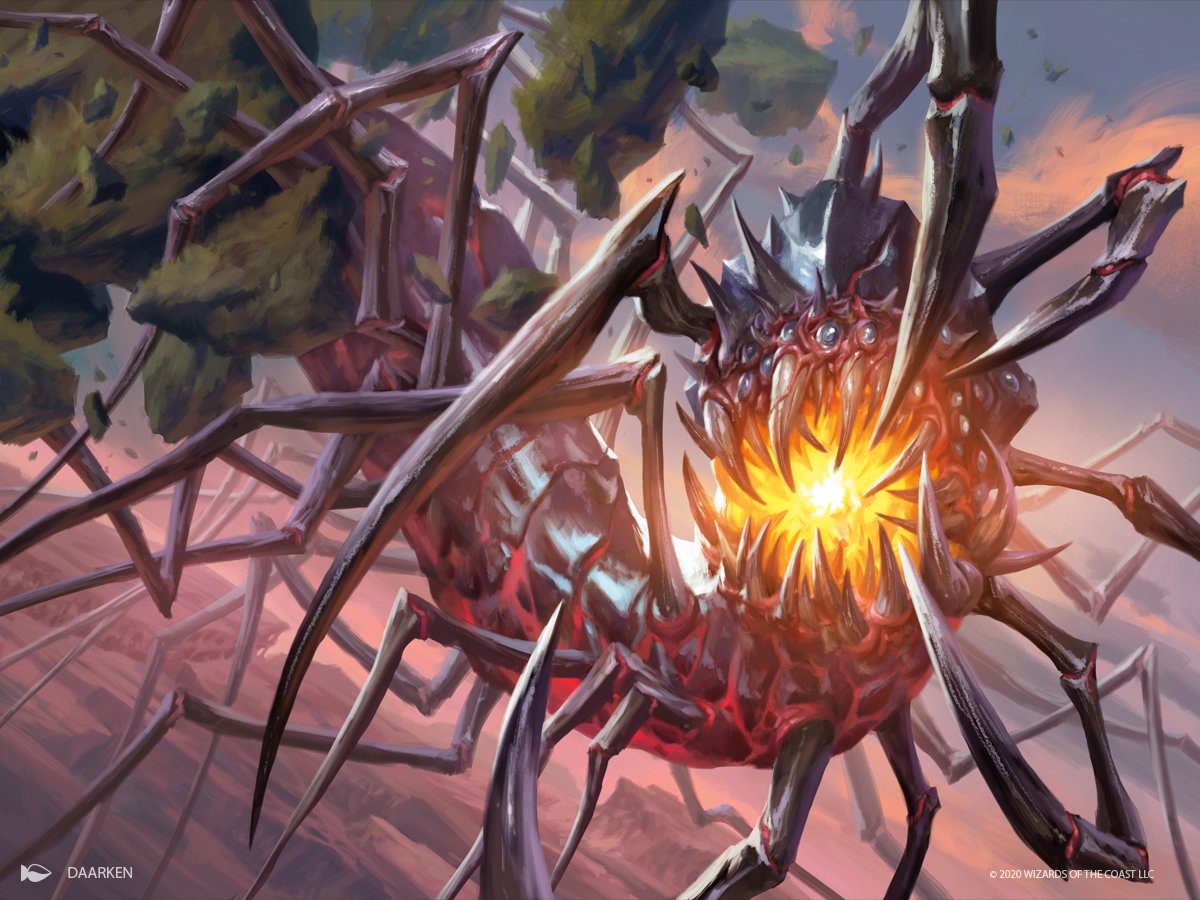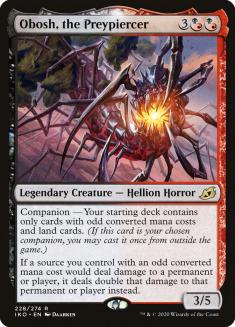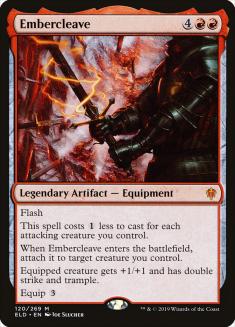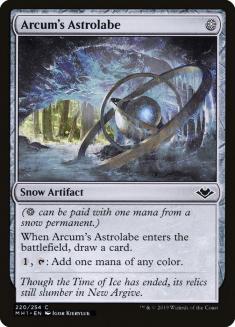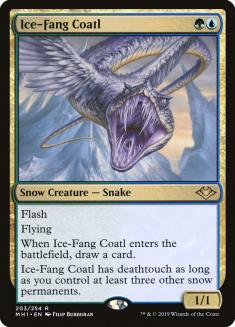It is a little after midnight in Denver. Police helicopters have been audible for at least seven hours this evening, which is longer than they were the previous nights. I live about two miles from the heart of the protests, and I don’t know what circumstances would be required for them to end. Things are comparatively tame here, if what I’m reading and seeing online is any indication.
I wanted to write something more specific about the nature of the police in the United States, but I’m not sure that I’m the right person to do it, or that this is the proper platform. What I will say is that I believe the defining characteristics of our current order for many people is isolation, helplessness, and despair. COVID-19 has exacerbated this in a number of ways. I find it truly heartening, against that backdrop, for people to be inspired to engage in mass action.
I often feel hopeless when it comes to politics on a national scale, but once I had kids it struck me how much agency I had in their lives, and once I teased out the edges of that I figured that I should focus my energy more locally; the agency and efficacy is much greater there. The current protests could be the best of both worlds — local enough that the yield is higher, but on a scale, replicated enough times, that could impact things nationally. Maybe that’s foolishly optimistic, but even if the actual practical change is minimal, getting people to believe in their own power and the power of their neighbors could be the thing to lift us from our collective malaise.
From Dale Taylor:
Why does people think companion so op when it seem fun and a great use of the space of design?
Because people conflate the balance and the quality of the design space, but also because both things can be true at the same time. The subsequent bans and functional errata to companions suggest that, even if you think the design space is fruitful and fun (like I do), they collectively went out the door too high.
I point to Obosh, the Preypiercer as the ideal, of what could have been. Key characteristics include:
- Non-trivial deckbuilding cost. You would never intentionally set to build a deck this way. The opportunity cost is high, and in a way that makes other card choices novel (Bonecrusher Giant is appealing in part because Stomp gives you something to do for two mana).
- Dynamic. Obosh isn’t just some stuff,;it actually changes the other cards you have once it enters the battlefield, which feeds back to the first thing (I’m especially interested in pairing Obosh with cards that are sweet when Obosh is on the battlefield, and not just a random collection of stuff that happens to be permissible with the deckbuilding restriction).
- Relatively high mana cost. Naturally dampens the variance-reducing danger of companions. Increases the likelihood that the game states are different from one another once it gets cast, increases the likelihood that it doesn’t get cast at all (either because you literally can’t cast it, or because you have more competition for your mana on Turn 5).
Ten copies of Obosh and I think the cycle is heralded as a watershed moment for Magic design. Instead, Lurrus is cheap and the deckbuilding restriction is “play with all the best cards,” and the easiest way to trivialize playing with 80+ cards is to fill out with a bunch of cantrips, which is one of the better things to do with Yorion anyway. I don’t think it’s necessarily bad for them to be part of the range, but I don’t think it is desirable for them to be the best of the bunch.
People are bad at processing stuff that’s really disruptive and the companions were definitely that, and I think “disruptive” plus “genuinely new” is a recipe for people to get really agitated. I think the game design fundamentals of companions were really sound, they just went out the door too high, and there’s no dissonance with those two facts existing at the same time.
From Matthew Olson:
Hello.
I find your content interesting because you like all the nuance and I don’t. WOTC markets Ravnica as pick my guild, so I play Izzet. I play the Izzet guildgate instead of the better M20 scry card because I picked Izzet. I am ok losing to Boros, but I want to punch whoever thought Embercleave was a good idea. How do you balance people wanting to play the cards they want to play, as opposed to owning all the cards and getting into the nuance of it all?
Thanks,
Matt
I think Embercleave is a good idea even though it wasn’t mine.
The last bit of this question opens up a flood of competing goals and concepts. Matthew speaks to having an emotional connection to Izzet, and that’s very common even among competitive players — people gravitate towards their favorite guild, or tribe, or color, or whatever else. Part of the reason to have a color pie is to create differentiation between the game elements, and people are going to gravitate to the elements that resonate the most with them. That’s part of the risk of doing sets like Torment, or any set that’s really saturated with one specific element. The joy you provide to the people who are into that sort of thing is on diminishing returns, but the damage you do to the people who aren’t into it is extreme; the set might as well not have been released.
Still, it’s impossible to make each color, guild, shard, wedge, Nephilim, and supported creature type viable at the same time, so what do you do for “Izzet Guy” and the dozens of other version of that out there? The biggest thing for me is to foster an ecosystem in which text boxes matter. Only one person can win the game, but each player can potentially have their card selections and synergies emerge in a way that can be gratifying even in defeat. That, along few a few appealing cards per set, can make Magic extremely fun for players who have a particular style or favorite thing even if they aren’t winning very much.
From Randy Larsen:
How do we deal with WotC deciding what’s best for our favorite format (Legacy) while clearly not testing it, leading to a rotating string of broken and unfun metas?
The community (at least from what I’ve seen) largely agreed that snowko leads to unfun play patterns and wanted to see astrolabe go. Not only did WotC seemingly ignore those requests, they didn’t give the slightest nod to the issues that players have with the current issues in the format. It feels like WotC wants to have nothing to do with us, from dropping tournament support to printing continually broken cards that are destroying the format, but doesn’t appear willing to just drop it altogether and let a rules comittee take over like what handles commander or canlander. Is there anything we as players can do other than to stop playing? I love the gameplay of old legacy and the friends i made along the way but it’s just not fun for me anymore.
Thank you for your time and consideration, and have a great day.
I’m not sure what elements of Snowko are especially unfun by the parameters of Legacy. So, Astrolabe and Ice-Fang Coatl let you cantrip a bunch and encourage you to manipulate the top of your library in various ways — you know, just like all the other best cards in the format. Some counterspells, some removal, enough basics that the game isn’t determined by Wasteland very often… none of this sounds bad to me. It’s not like it has a dominating combo matchup by any means, so it isn’t pushing out decks that give the format much of its personality, like Storm or Reanimator.
I’m sympathetic to the feeling that it’s too much new content, too soon, and in a way that feels isolated. If some new snow cards combined with some stuff from Ice Age or Coldsnap to create new architecture, that’s the kind of blending of new and old that Legacy is supposed to be all about. These cards and decks are self-contained and just some raw rate, low on synergies and exploration. I think the games play pretty well though, and Astrolabe doesn’t feel like obviously the best thing to be doing. I play more Legacy now than I did a year ago.
If you’re worried about the format’s legitimacy or ever getting widespread support, the worst thing you can do is turn it over to a players’ committee. That’s a death knell. If you and your friends only enjoy playing with the older cards, there’s nothing to stop you from running your own pickup games with that banned list. A lot has changed in Magic over the last five years and it’s been tough for Legacy support on a number of fronts, but I don’t think a return to Miracles or ubiquitous Wasteland mirrors would be the shot in the arm that some of the format’s True Believers think it would be.
Lastly, our $25 credit store winner and the Question of the Week, from Samuel Feldman:
As a leftist it’s sometimes dispiriting that the games I enjoy, like Magic, are not only inextricably a product of global capitalism (reliant on new printing, mass media, and shipping technologies; made for consumption primarily in the imperial core; in Magic’s case spawning a whole secondary card market) but also feature game engines that are largely about the use and management of scarce resources. This can cause me to feel as though I am spending my free time playing as some sort of management consultant.
What can game designers do to make games more ethical and accessible, or at least to make the player feel less like they’re in some efficiency simulator from Ender’s Game? Or is the solution for me to just spend more time reading a book or gardening or whatever?
I’ve started gardening (or, at least mowing and caring for the space while my more skilled family members do the actual gardening) and I highly recommend it, regardless of what you decide to do with Magic. Some scattered thoughts:
There is no ethical consumption. I’m not saying to hand-wave all considerations in this space, but unless you’re planning on living naked and isolated and living off of the land, you can’t run away from the world. It’s one of the negative consequences of the bad guys having won, up until this point at least.
Were leftists to achieve real power, the management of scarce resources would be a large part of the policy discussion. I don’t blame you for feeling like you’re working as a management consultant, but I don’t have a Panglossian, unlimited-bounty-from-nature type of outlook. I’m not saying I feel like I’m solving global hunger when I return Mishra’s Bauble with Lurrus on the third turn, but I don’t not feel that way, either.
From a game design perspective, making the game pieces add texture, definition, and character to the game instead of just being resource accumulation widgets is a big deal. Part of the reason to promote creatures is how dynamic they are when they engage with one another, which is why games of Limited rarely take the German board game tone that games of Constructed often do.
I think everyone would be well served to read more, or to just generally engage in activities that promote self-discovery and growth or add to the world in some small way. Sometimes Magic feels that way for me. sometimes it doesn’t. Same for reading, same for working out. The experience you’re describing with Magic is a blend of first-principle truisms mixed with your own emotional experience, and if the sum of that is making you feel like a consulting grifter, I would suggest putting the cards down for a little while.

